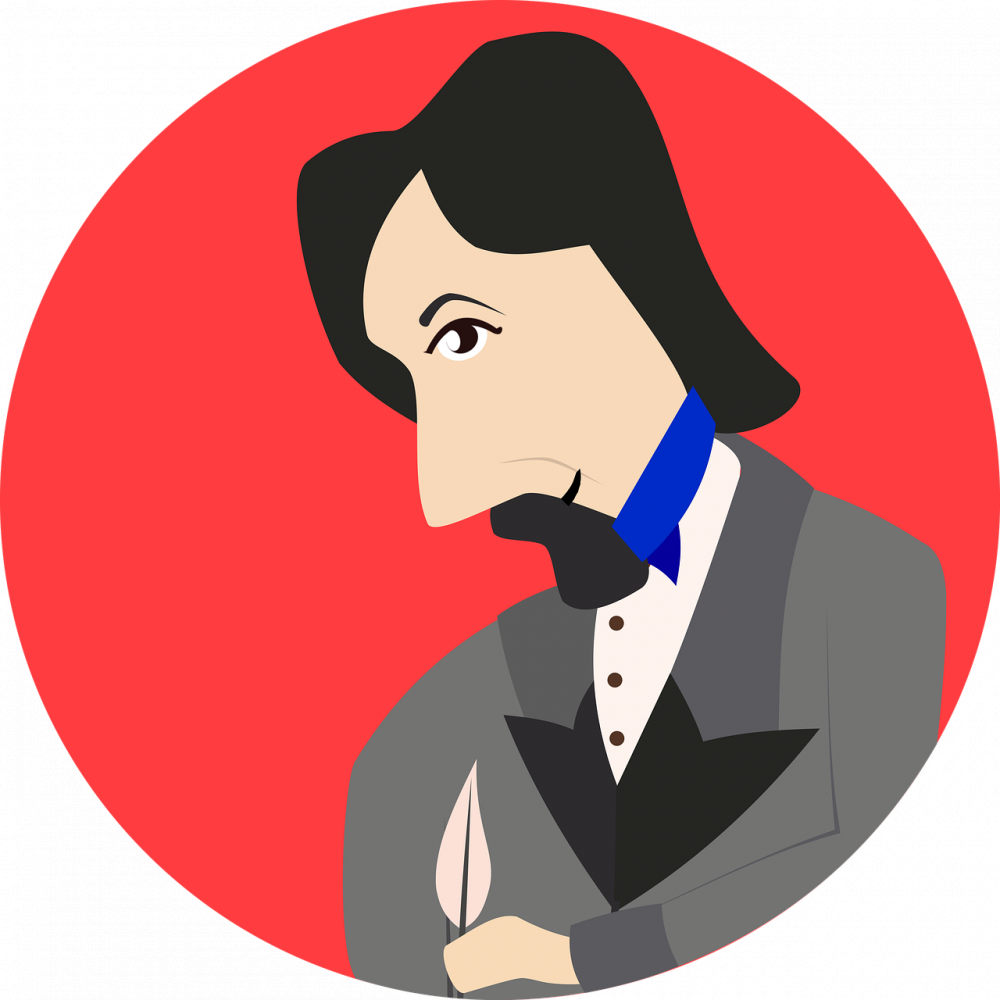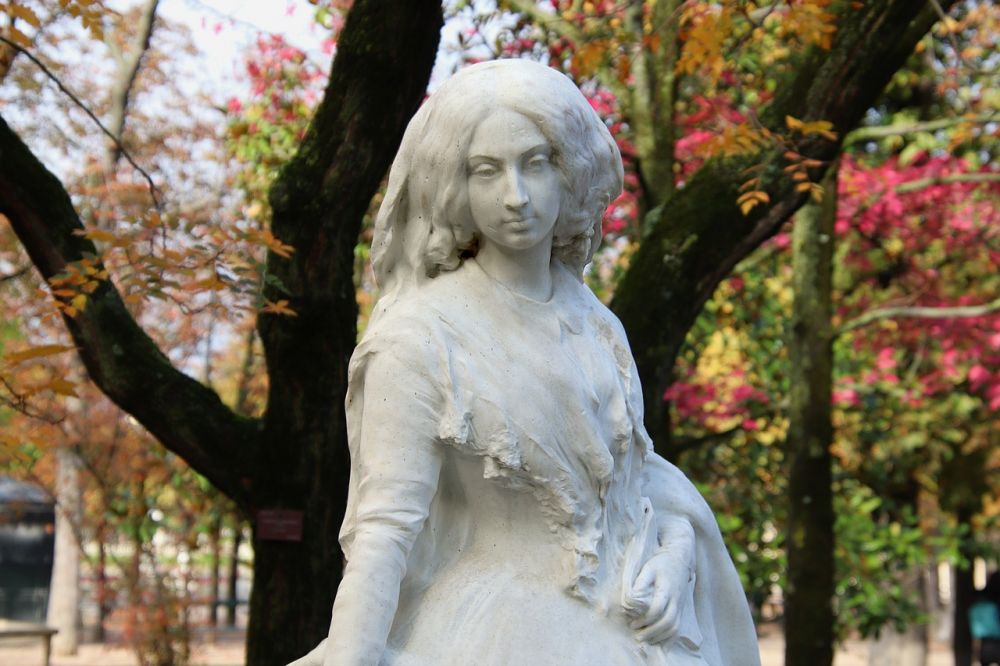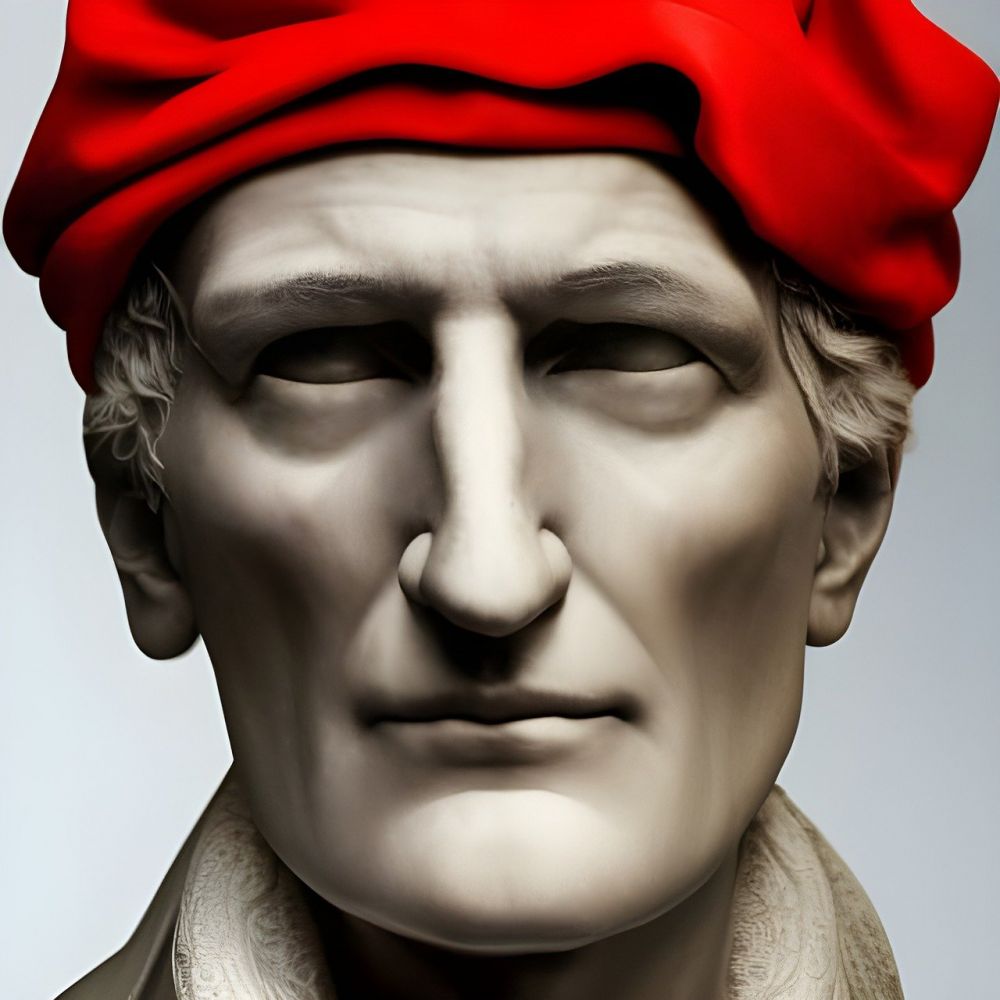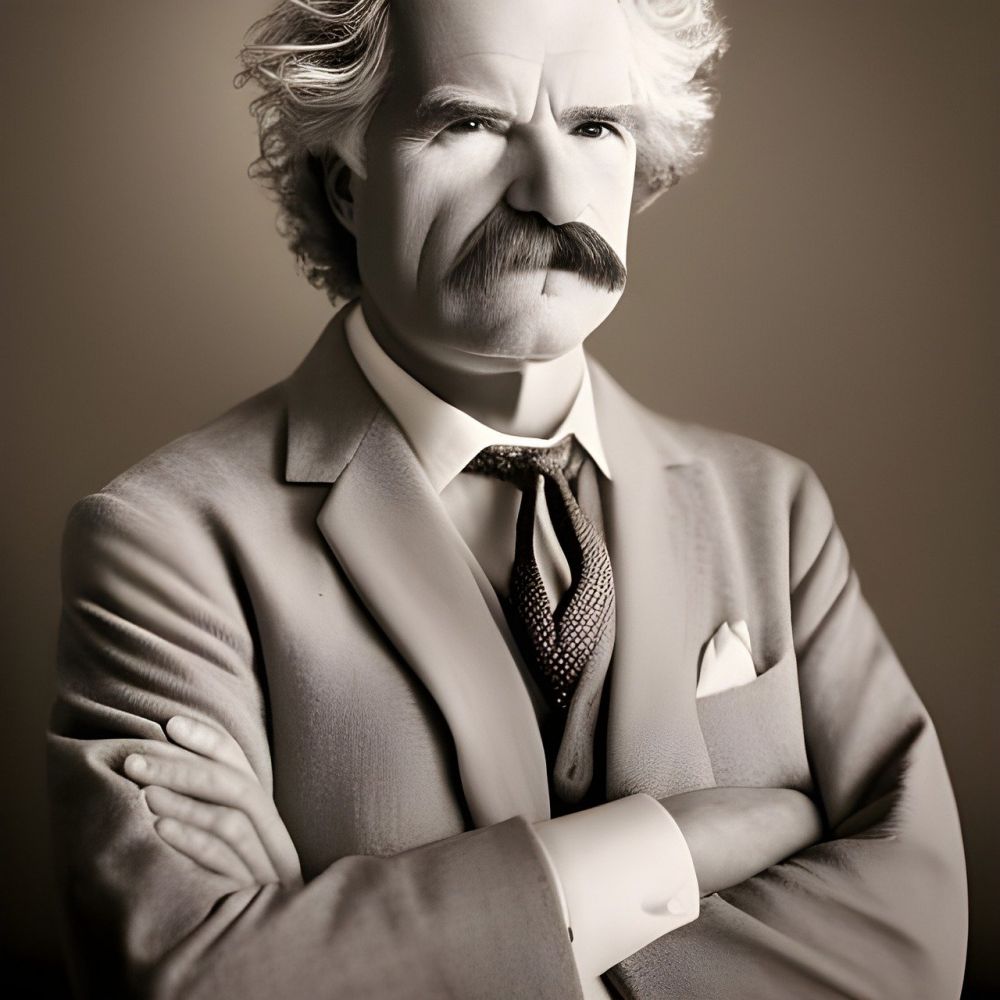Franz Kafka Books: A Journey into the Mind of a Genius
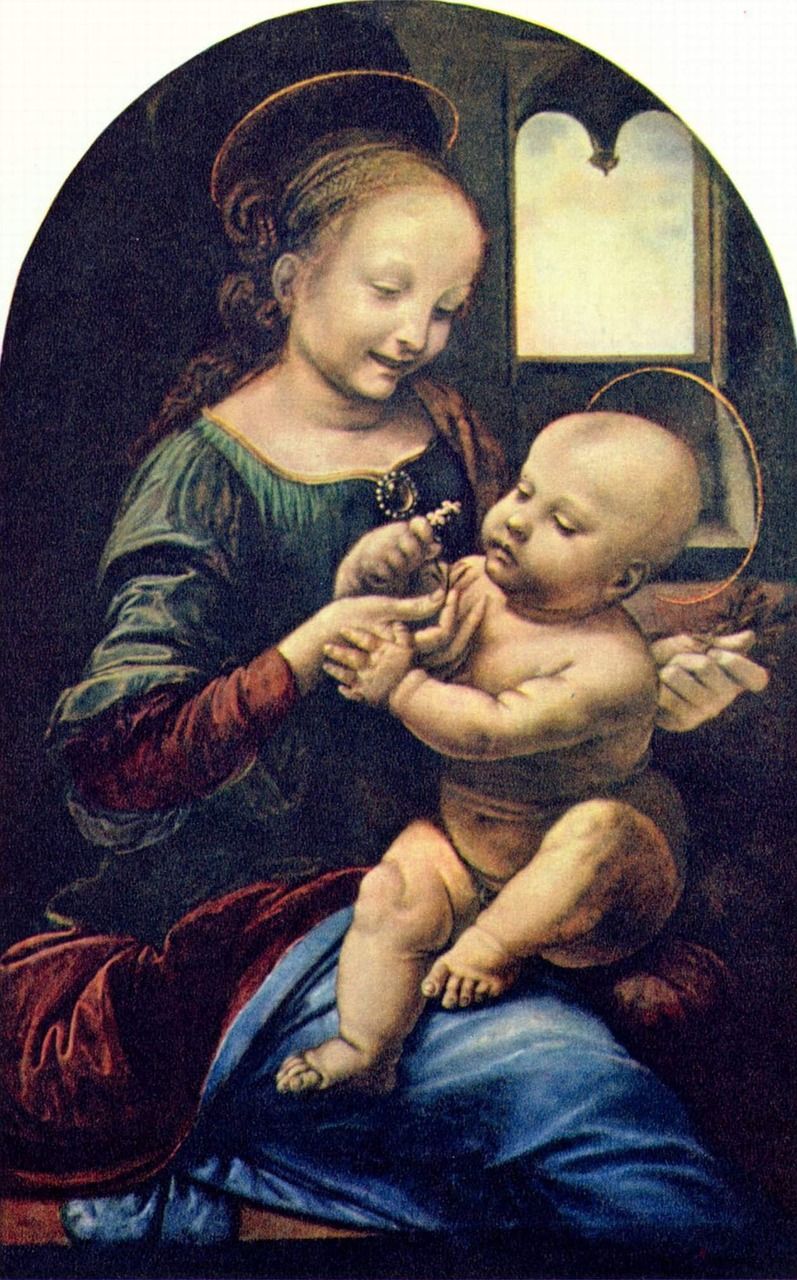
Introduction to Franz Kafka Books:
Franz Kafka, one of the most influential and enigmatic writers of the 20th century, has captivated readers with his haunting and thought-provoking works. His exceptional ability to explore themes such as existentialism, alienation, and the absurdity of life has made him a literary icon. This article delves into the world of Franz Kafka books, providing a comprehensive overview of his works and their significance for all those interested in this remarkable author.
Historical Evolution of Franz Kafka Books:
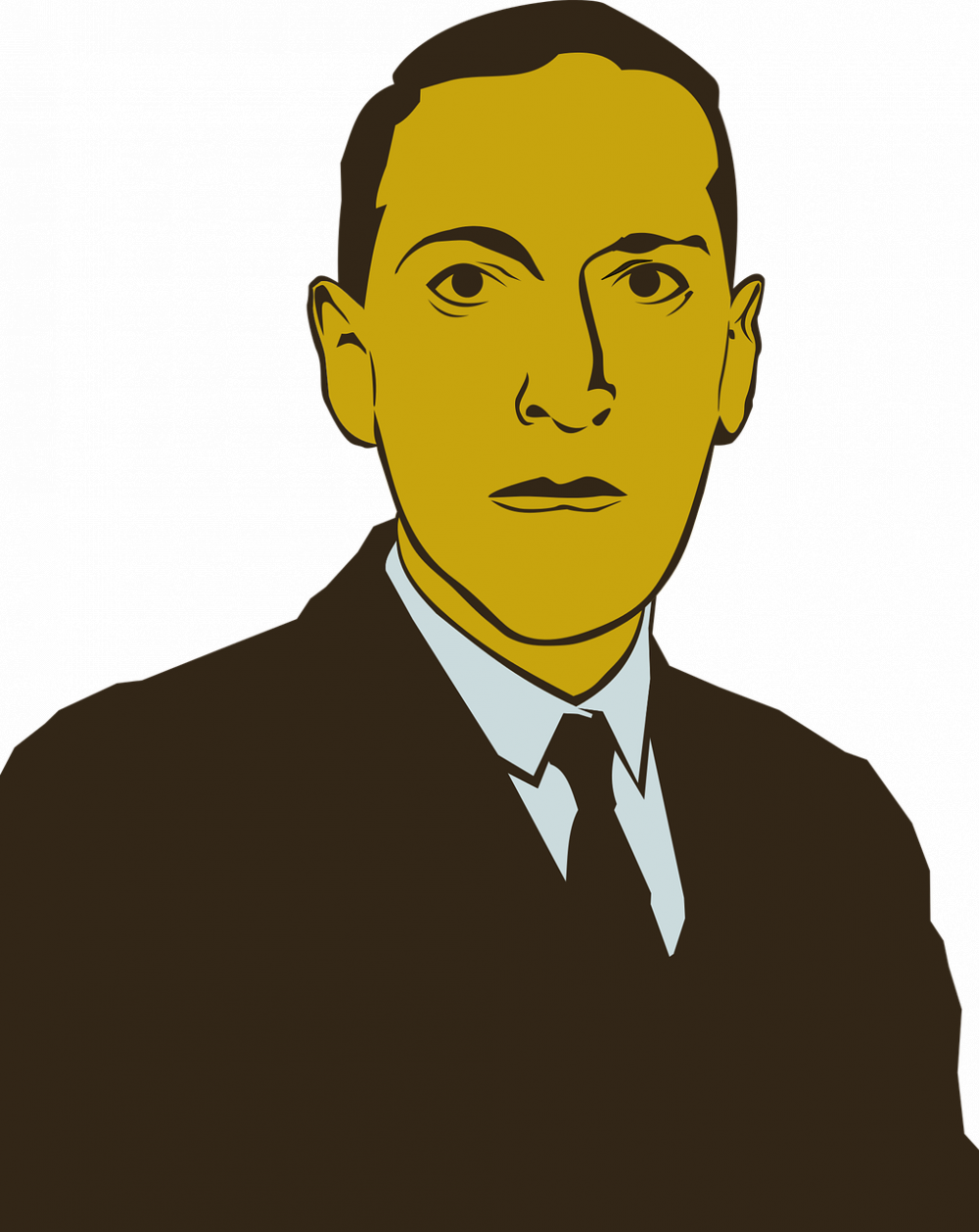
Franz Kafka’s literary journey began in the early 20th century, during the height of the modernist movement. Born in Prague in 1883, Kafka was a Czech-German-speaking writer who published most of his works in German. He lived a relatively secluded life and gained recognition posthumously, as his writings were published by his close friend Max Brod against Kafka’s wishes.
Kafka’s books can be divided into three main periods: his early writings, including “The Judgment” and “The Metamorphosis,” his middle period with notable works like “The Trial” and “The Castle,” and his later writings, comprising of the unfinished novels “Amerika” and “The Man Who Disappeared.”
Early Franz Kafka Books:
In his early works, Kafka explores themes of psychological turmoil and the grotesque. “The Judgment,” his first major work, delves into the complexities of father-son relationships and the potential for self-destruction. “The Metamorphosis,” perhaps Kafka’s most famous novella, tells the story of Gregor Samsa, who wakes up one morning transformed into a monstrous insect. The book is a powerful exploration of alienation, identity, and the inherent absurdity of human existence.
Middle Period Franz Kafka Books:
During his middle period, Kafka delves deeper into the complexities of the human psyche, exposing the absurdities and injustices of society. “The Trial” follows the nightmarish journey of Josef K., who is arrested one morning for a crime he knows nothing about. Through surreal and haunting imagery, Kafka explores themes of guilt, powerlessness, and the dehumanizing nature of bureaucratic systems. “The Castle” explores similar themes, drawing readers into a world of endless bureaucracy and a quest for belonging.
Later Works of Franz Kafka:
In his unfinished novels, Kafka further delves into themes of estrangement and existential angst. “Amerika” tells the story of a young immigrant’s struggle to find his place in the United States. With his unique vision, Kafka depicts a surreal and nightmarish world that reflects the disorientation and disconnection experienced by individuals navigating unfamiliar environments. “The Man Who Disappeared,” also known as “Amerika,” explores similar themes of alienation and identity.
Featured Snippet Potential:
To structure the article in a way that maximizes the chances of being featured as a snippet on a Google search, below is an example of how bullet points can be utilized:
1. Introduction to Franz Kafka Books:
– Haunting and thought-provoking works
– Exploration of existentialism, alienation, and the absurdity of life
2. Historical Evolution of Franz Kafka Books:
– Early writings and the exploration of psychological turmoil
– Middle period and the exposure of societal absurdities
– Later works and the theme of estrangement and existential angst
Conclusion:
Franz Kafka books continue to mesmerize readers with their profound exploration of the human condition. Kafka’s ability to delve into the depths of the mind and depict the complexities of existence make his works timeless. Whether it be his early novellas or his later unfinished novels, Kafka’s writings provide an unparalleled insight into the human experience. For art enthusiasts and collectors, exploring Franz Kafka books is an opportunity to engage with a literary genius and uncover the depths of his unique vision.
